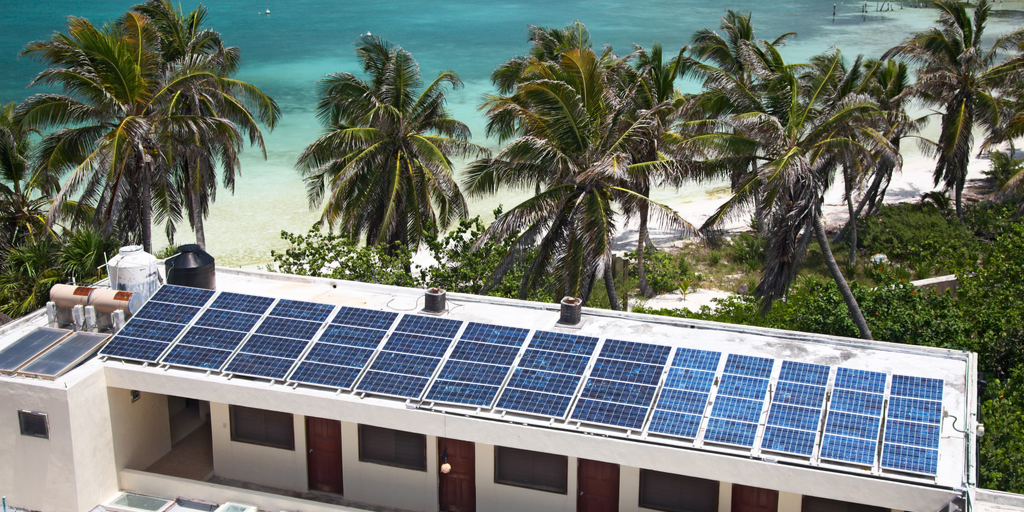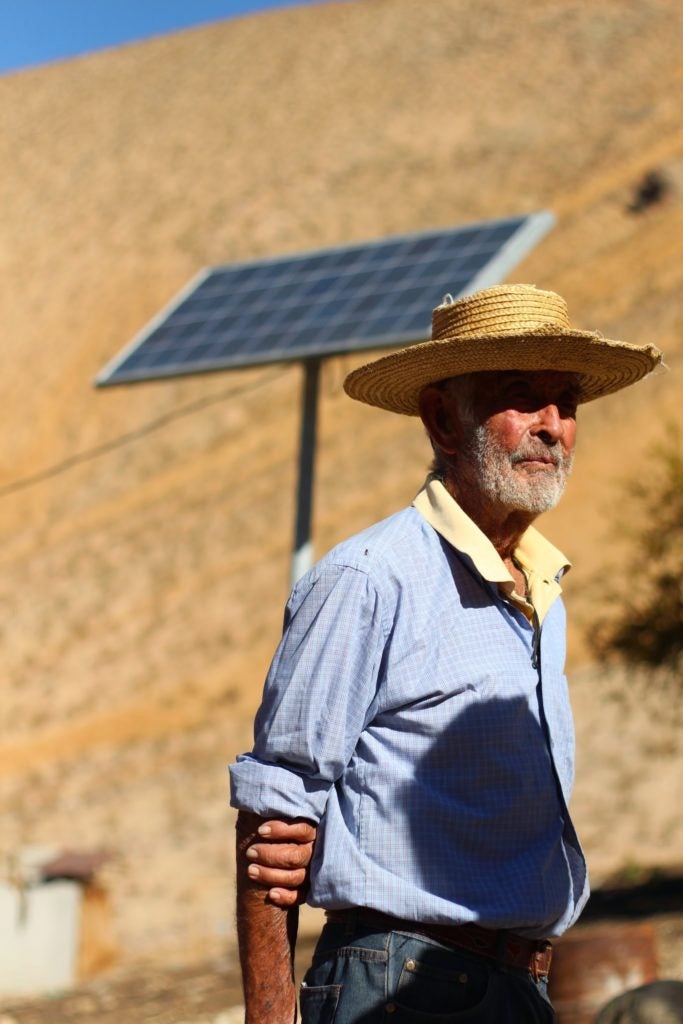Honduras has made progress in closing the energy access gap, a key factor for sustainable development. In 2005, only 52% of the population had access to electricity, while by 2013, this figure had reached 81%. Today, thanks to national resources and international cooperation with organizations such as the IDB, the country has achieved that 87% of its inhabitants have full … [Read more...] about Energy development lights up the Honduran Moskitia
Keeping the lights on during natural disaster: Lessons in resilience
The authors would like to thank Veronica Prado, Jordi Abadal and Rochelle Johnson for their inputs to prepare this blogpost. The Caribbean is no stranger to external economic shocks and climate disasters. As small, open economies with limited economies of scale, weak institutions, high fiscal deficits, it hinders its ability to readily adapt and transform amid exogenous … [Read more...] about Keeping the lights on during natural disaster: Lessons in resilience
Can Solar Energy Reduce Costs for Rural Water Projects?
Several rural water projects in Honduras have proven that investing in solar energy can reduce operating costs by up to 81%. In Honduras, the Inter-American Development Bank recently launched a Rural Water Program, which aims to improve the capacity of existing potable water and basic sanitation in rural communities with less than 2,000 inhabitants. Switching from the power … [Read more...] about Can Solar Energy Reduce Costs for Rural Water Projects?



